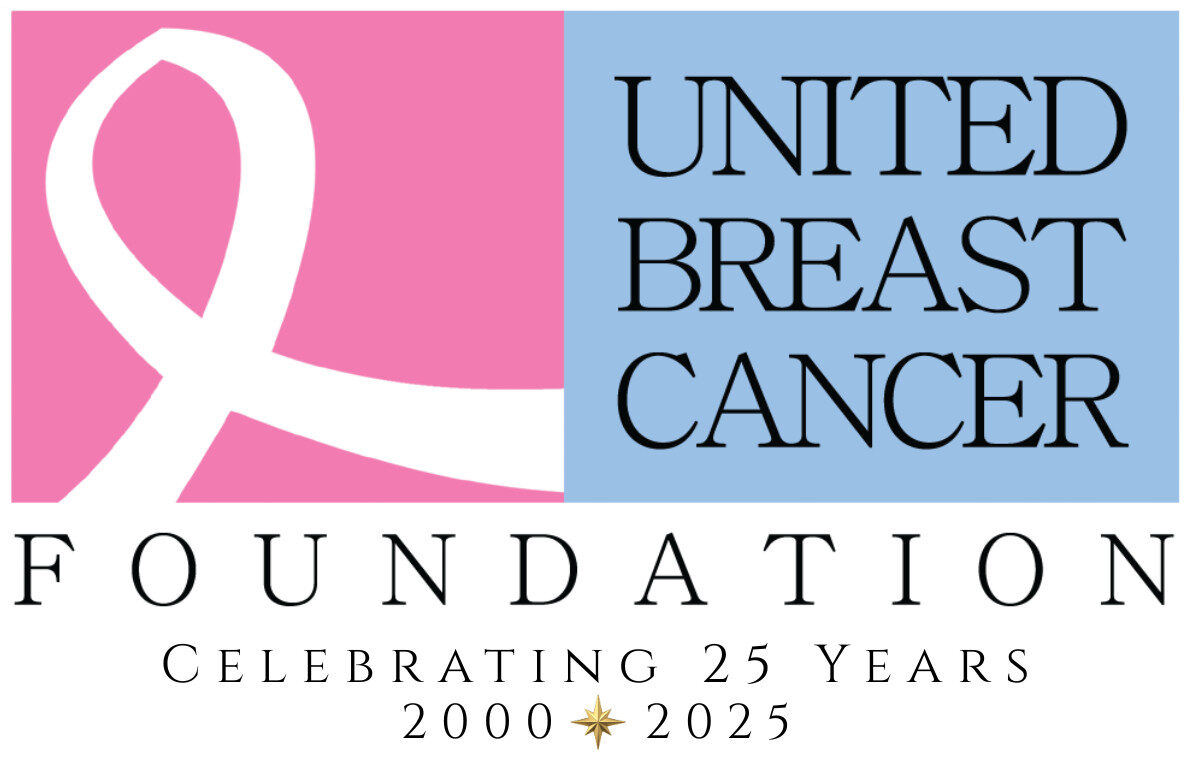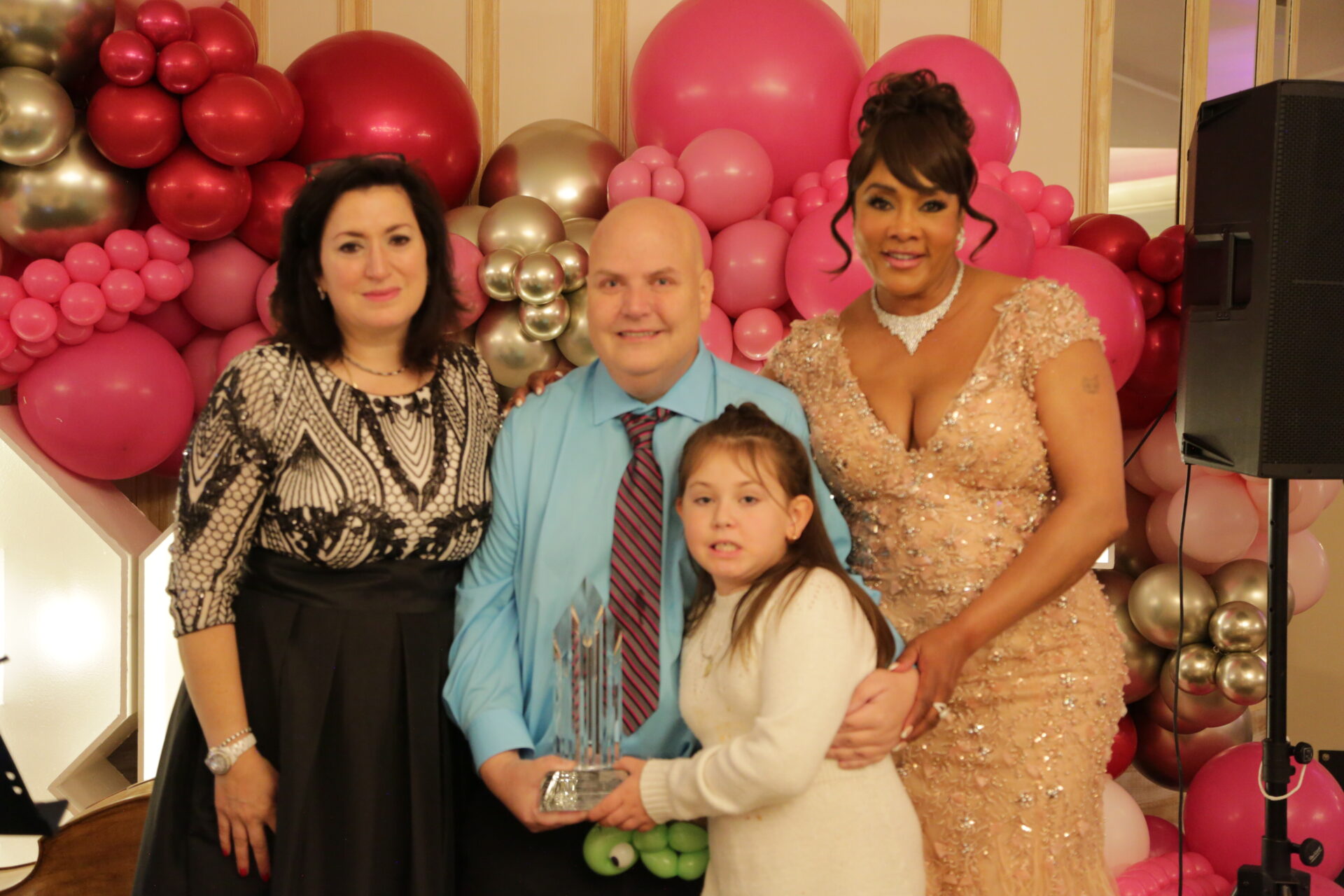Today we must emphasize health promotion and primary prevention.
This is Men’s Health Week, and we are bringing attention to the stigma surrounding male breast cancer. According to the American Cancer Society, breast cancer in men is rare — less than 1 percent of all breast cancer occurs in men. However, this does not mean male breast cancer is an issue that should be ignored.
In general, men are often portrayed as having to be “strong”, and refrain from showing emotion. They are told that being emotional is a sign of weakness. Media images supporting these limiting characteristics include male cologne commercials, gym membership ads, and military ads telling young men to “be all you can be.”
When it comes time to seek health care, many men find it difficult to express vulnerability. Men often delay seeking health care services until the very last minute (if at all), or until a small problem has snowballed into something much more pressing.
So what prevents men from seeking health care?
Oftentimes it can be attributed to male gender roles. For centuries, men have been encouraged not to seek help, but instead to be tough, push through pain, and not see the doctor – because they are invincible. This can leave men feeling like they “gave up” each time they seek support from a healthcare provider.
A study was conducted by the American Journal of Men’s Health, which found that men weigh their health concerns based on past and current family context. This included common themes such as balancing urgency with their current financial situation and how they viewed their responsibility to provide for their family. Another theme emerged that reflected the severity of illness and how it served to justify men’s health-care utilization. Men have the tendency to push aside health problems or attempt to fix it themselves. This, however, is only a temporary solution and can lead to one overlooking deeper issues. Here is a link to the study if you would like to read more.
It is imperative that men get regular checkups, including breast exams. It can be easy to dismiss one’s health with the reasoning that they “feel fine”. However, it is best to be ahead of the curve. UBCF encourages primary prevention, a concept which aims to avoid the manifestation of a disease, or to stop it in its tracks. We want to promote health and wellness before any problems arise.
For instance, by practicing healthy habits such as eating a balanced diet rich in whole foods and exercising regularly, you are practicing health promotion. If you begin reducing or eliminating red meat from your diet after the doctor tells you you’re at high risk for developing cancer and heart disease, it may already be too late. While this may sound dire, it is merely an example of why it is so important to seek regular check ups and breast exams.
We want to encourage men around the world to educate and advocate for themselves; communicating with doctors and family members. Let them know how you are feeling and what they can do to support you. And remember, early detection saves lives! It is time to stop allowing centuries of society’s extremely limited definitions of gender roles to prevent men from seeking care.
To learn more about UBCF, visit ubcf.org
Sources:
Novak JR, Peak T, Gast J, Arnell M. Associations Between Masculine Norms and Health-Care Utilization in Highly Religious, Heterosexual Men. Am J Mens Health. 2019;13(3):1557988319856739. doi:10.1177/1557988319856739









